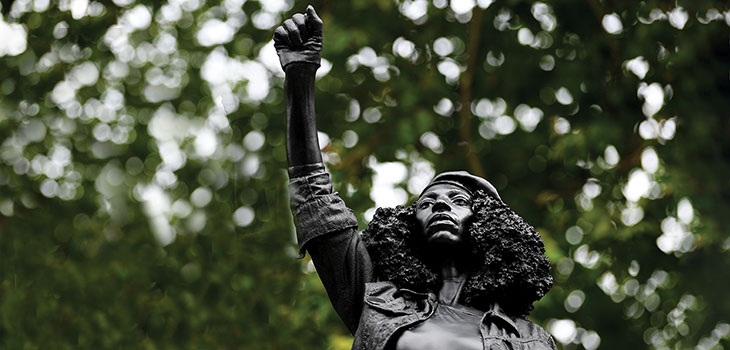
In the aftermath of the toppling of the slaver Edward Colston’s statue in Bristol, we saw the ambivalence of those who applauded this as a pivotal moment in understanding the wealth of our cities and those who saw it as violation of a historic heritage. The ensuing controversy, however, obscured the ambivalence of the law, which is yet to be fully investigated in this much overlooked period of our history. The five men who, on 7 June 2020, allegedly unseated the statute from its plinth during a Black Lives Matter demonstration, and rolled it into Bristol harbour, are set to acquire unexpected fame. This is because they have been given cautions on the condition they give evidence to the Mayor of Bristol’s History Commission.
Cartwrights Case in 1569 was the first recorded case of a slave before the English courts, and concerned a slave from Russia. The court famously ruled that the air of England was too pure for slaves to breathe









